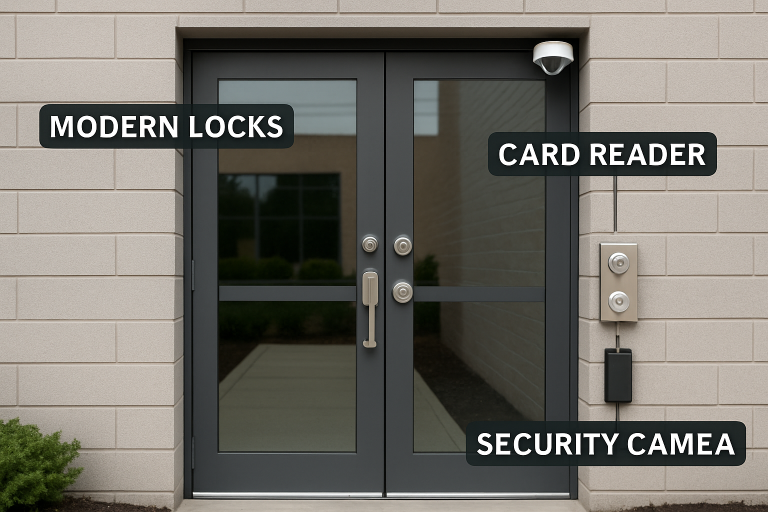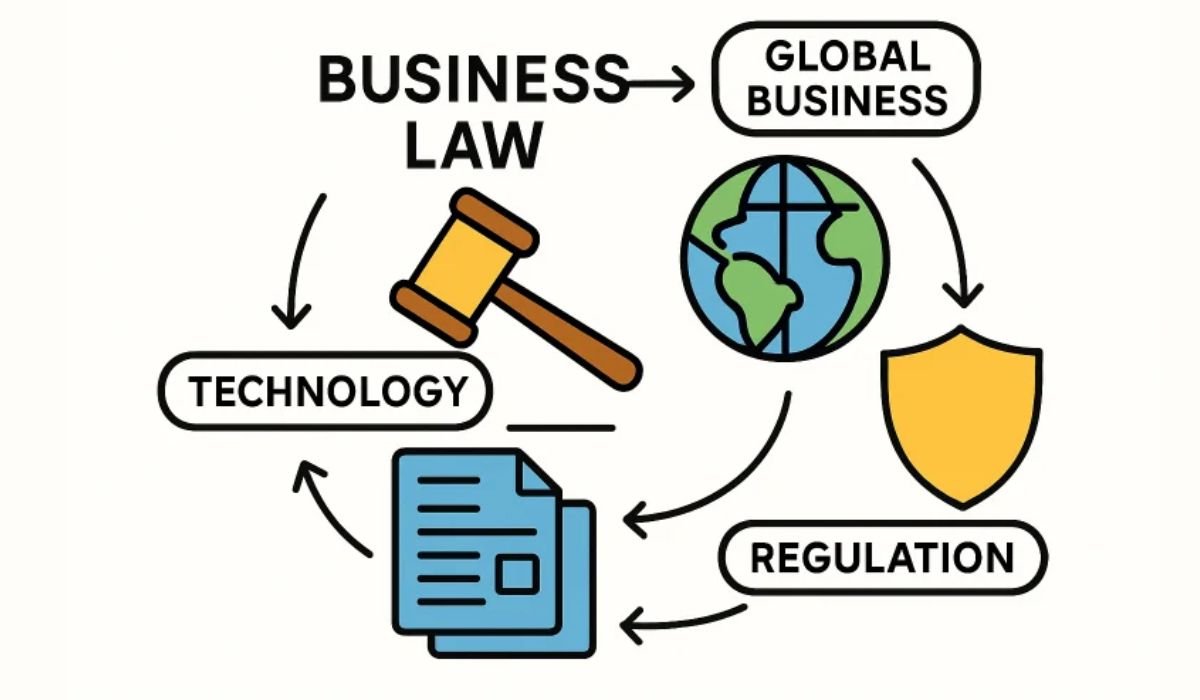Adapting to change has become a defining feature of successful businesses in today’s fast-moving environment. From technological disruptions to shifting workforce expectations, organizations must embrace agility and innovation to remain competitive. Leadership is no longer just about maintaining direction—it’s about anticipating what’s next and guiding teams through complex transitions. This evolving landscape requires leaders who are strategic but also empathetic, responsive, and open to continuous learning.
Current trends in change management emphasize collaboration, inclusivity, and clear communication. Many organizations are turning to thought leaders and subject-matter experts to help navigate these demands. They often learn from leading business speakers for leadership events who bring real-world insights and global perspectives. These voices help shape the dialogue around resilience, cultural shifts, and sustainable transformation. As businesses face ongoing uncertainty, learning from diverse leadership experiences becomes crucial for building strong, adaptive organizations ready for what lies ahead.
AI Integration in Leadership
Artificial Intelligence (AI) has transformed from a support tool to a crucial strategic partner in modern organizations. Today’s leaders leverage AI across various business aspects, enhancing internal processes and customer engagement. AI platforms analyze vast amounts of data to reveal trends, identify blind spots, and uncover growth opportunities. In retail, for example, AI predicts buying patterns and optimizes marketing campaigns, improving efficiency and personalized experiences. Industries like healthcare and finance also use AI to enhance services and reduce risks.
However, reliance on AI brings new challenges. While AI offers valuable insights, it cannot replicate human judgment and empathy. Leaders must ensure AI complements rather than replaces human decision-making, supporting ethical choices and a people-first culture. Responsible AI governance, algorithm transparency, and bias monitoring are essential for building trust and maximizing AI’s potential.
Employee-Centric Change Management
Successful organizational change rarely occurs in a vacuum. The most effective changes are those undertaken with a clear focus on employees, ensuring their voices are heard and their needs are met throughout the process. Employee-centric change management centers on transparent communication, shared accountability, and mutual respect. Leading organizations actively solicit feedback through regular forums, open-door policies, and anonymous surveys, acknowledging employee concerns and responding quickly to address uncertainty or resistance.
Compassionate interactions and genuine involvement build trust and lessen the apprehension surrounding uncertainty, allowing employees to be more receptive to and active in change initiatives. Practical support, such as tailored counseling programs, on-the-job coaching, and access to mental health resources, is essential for building resilience and stability during transitions. Leaders who prioritize their people are more likely to retain a motivated workforce, encourage stronger adoption of new processes, and enhance overall well-being, ultimately boosting organizational performance.
Agile Methodologies in Change Management
The fast-paced nature of today’s business environment makes agile thinking crucial for effective change management. Initially a software development methodology, agile is now embraced across various industries for its focus on flexibility, collaboration, and rapid iteration. Key principles include delivering value in short cycles, seeking constant feedback, and forming empowered teams, allowing organizations to quickly adapt to changing market conditions.
Agile change leadership fosters a culture of experimentation and continuous improvement. By breaking initiatives into smaller, manageable parts, risks are reduced, and teams can innovate without fearing failure. Mistakes become learning opportunities, enhancing creativity and driving sustainable progress. As organizations confront complex challenges, agile methodologies offer the flexibility to pivot and implement effective solutions.
Data-Driven Decision Making
Organizations embrace a data-driven culture to enhance decision-making in today’s business landscape. Leaders are investing in advanced analytics tools and business intelligence platforms that visualize key metrics like productivity and customer satisfaction. This democratization of performance data and training in data literacy fosters transparency and accountability. It enables leaders to identify trends, assess the impact of changes, and adapt strategies confidently. Ultimately, this data-first approach promotes organizational agility and supports innovation and continuous improvement.
Sustainability and Ethical Leadership
Modern leadership goes beyond financial performance; it emphasizes sustainability and responsible governance. Today’s stakeholders—investors, customers, employees, and communities—demand transparency and ethical practices. Effective leaders set sustainability targets, ensure responsible sourcing, and integrate equity.
Companies prioritizing sustainability and ethics enhance their reputation and brand loyalty while gaining a competitive edge as future-focused employers. Embracing these values is crucial for building long-term trust and resilience, allowing organizations to create value for both business and society.
Hybrid Work Models
The pandemic has accelerated the rise of hybrid work, allowing employees to alternate between remote and in-office settings. While this model enhances autonomy and work-life balance, it also challenges leaders, such as maintaining cohesion and trust in a distributed workforce.
Effective leaders utilize collaborative cloud platforms and regular virtual check-ins to align teams and ensure remote employees have a voice in decisions and access to development opportunities. When well-managed, hybrid arrangements can boost engagement, productivity, and talent retention, appealing to top performers who seek flexibility and inclusivity.
HOW TO GUIDE: Small Business Banking Tips for Success










